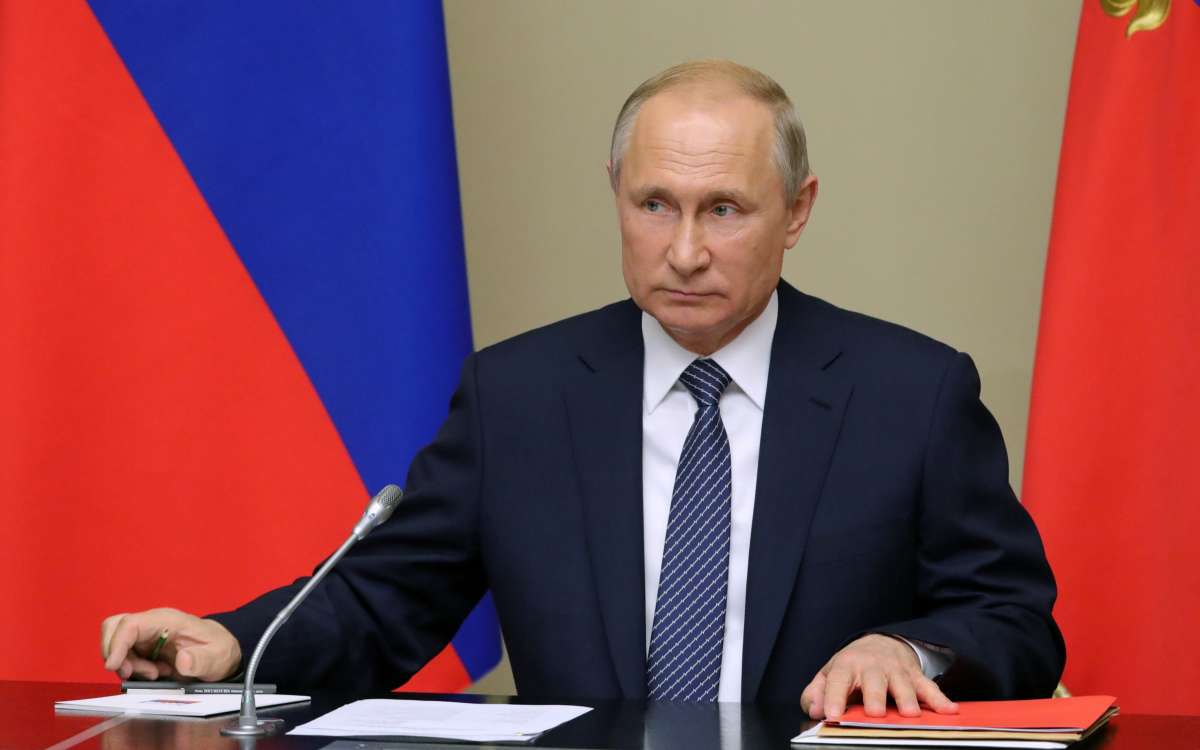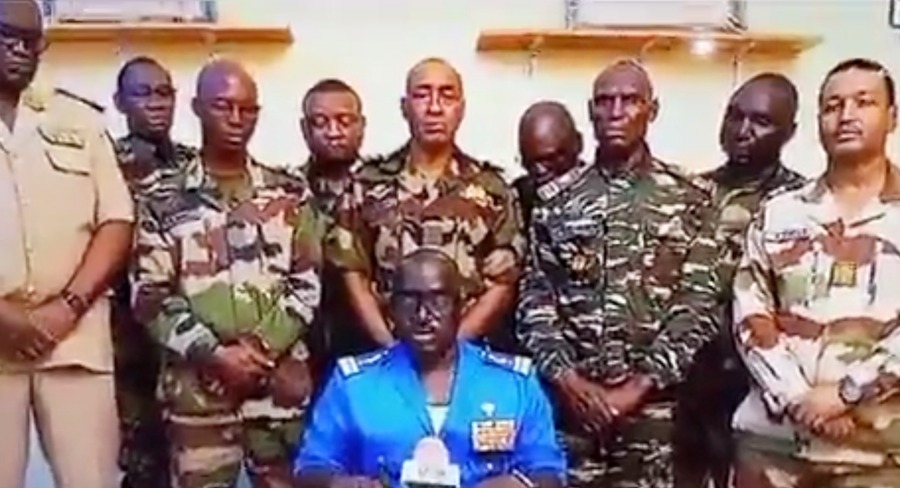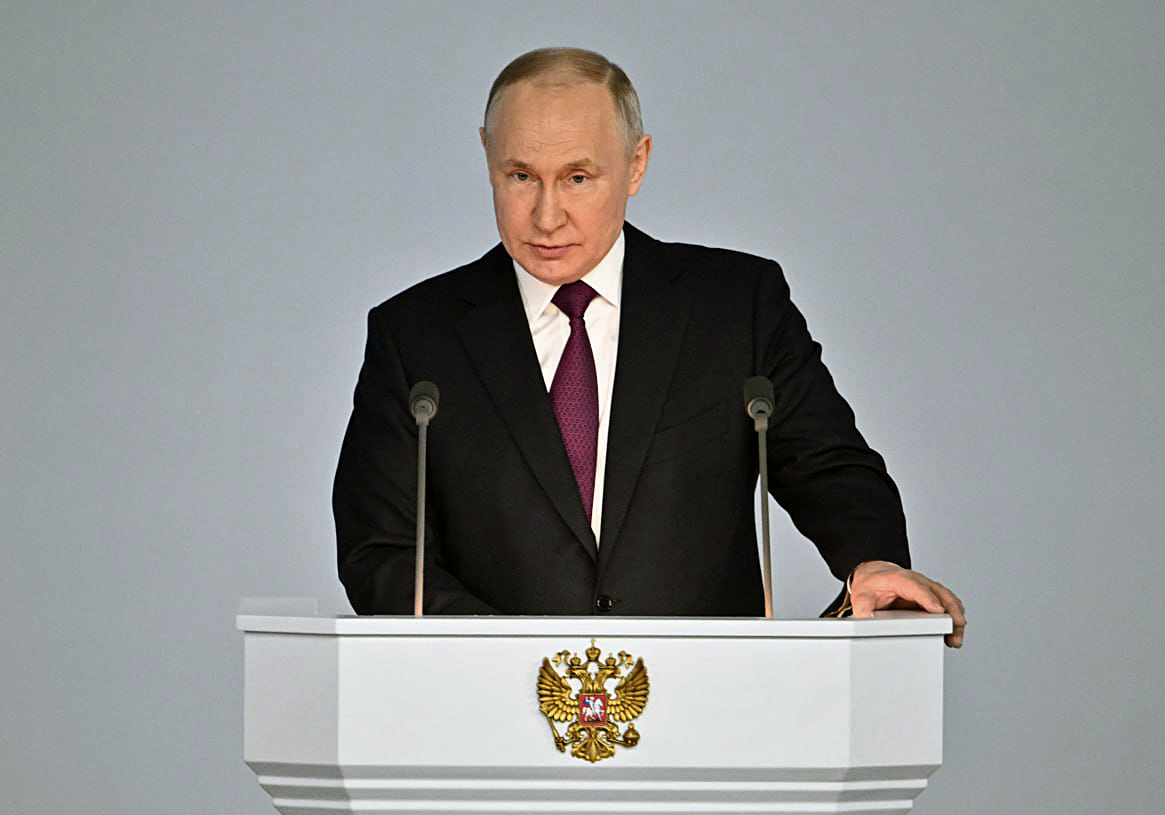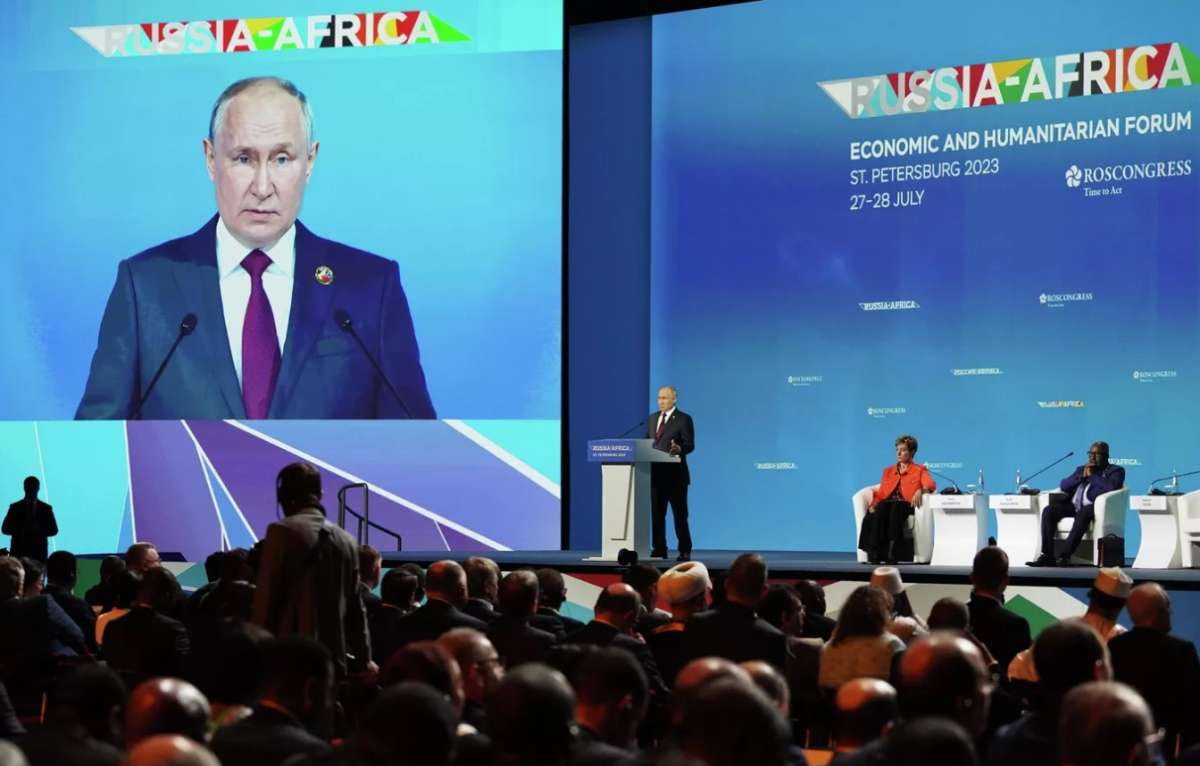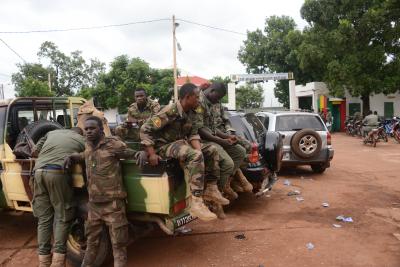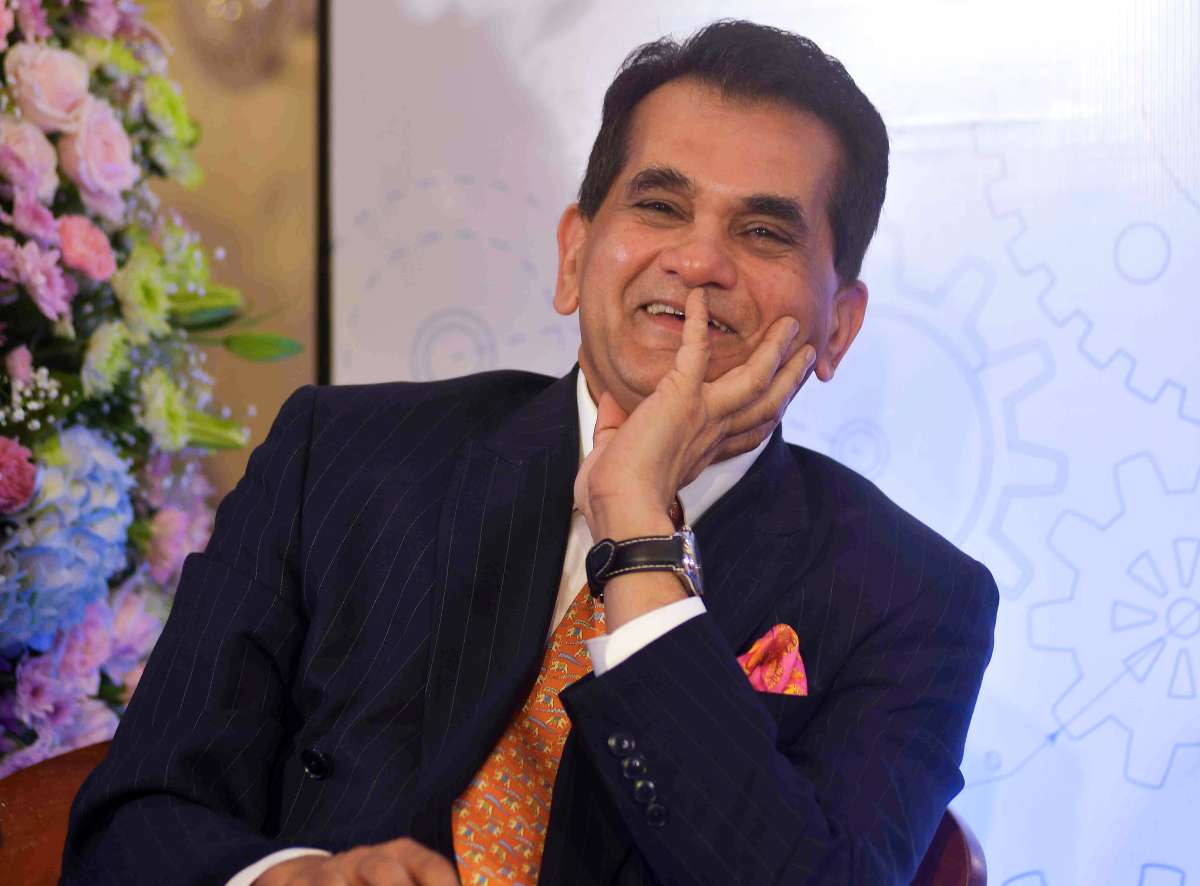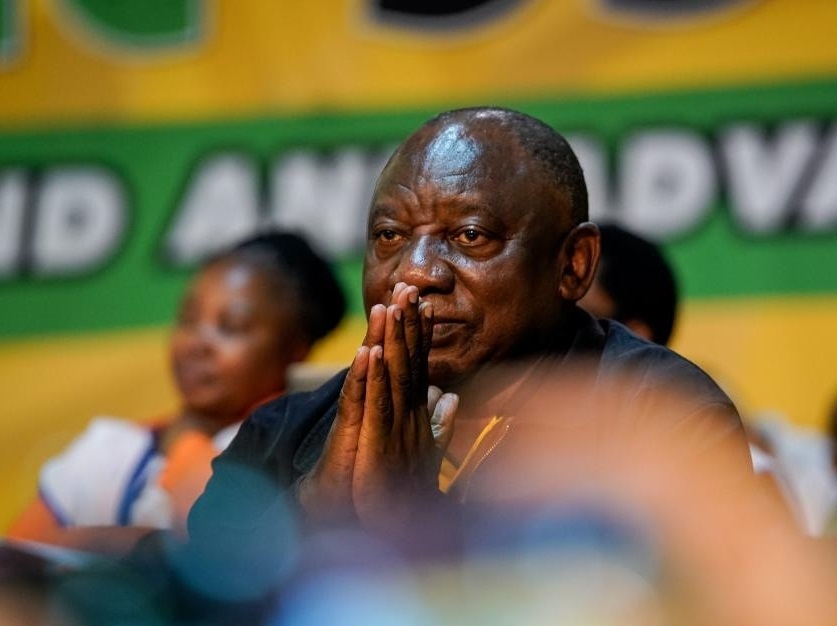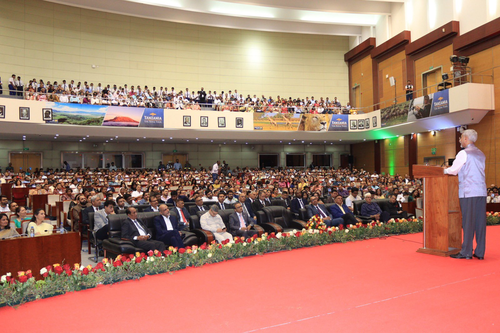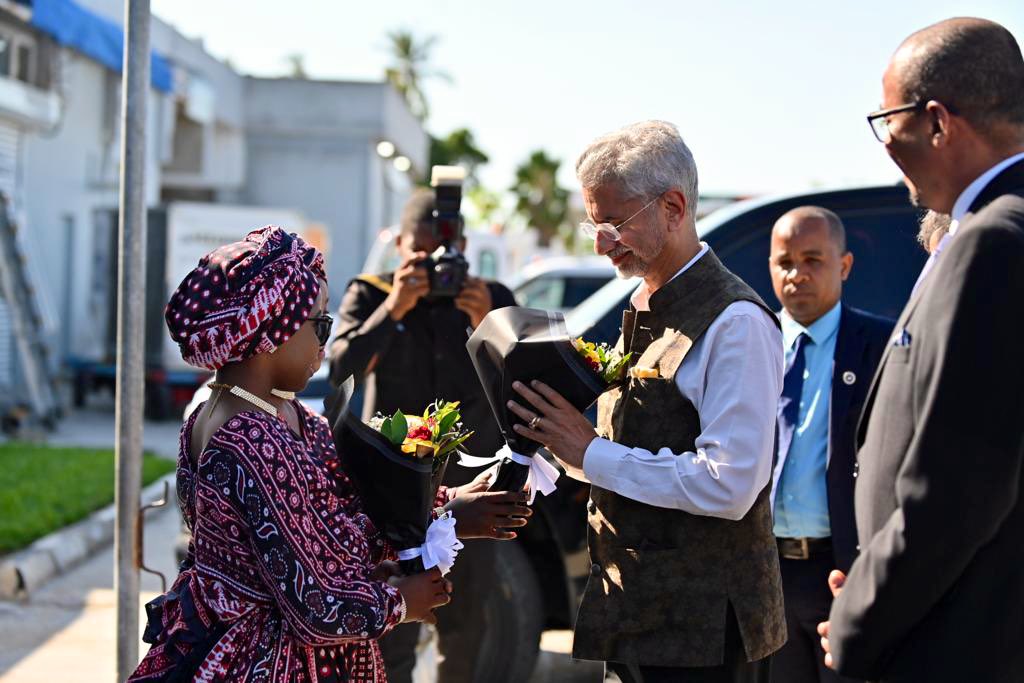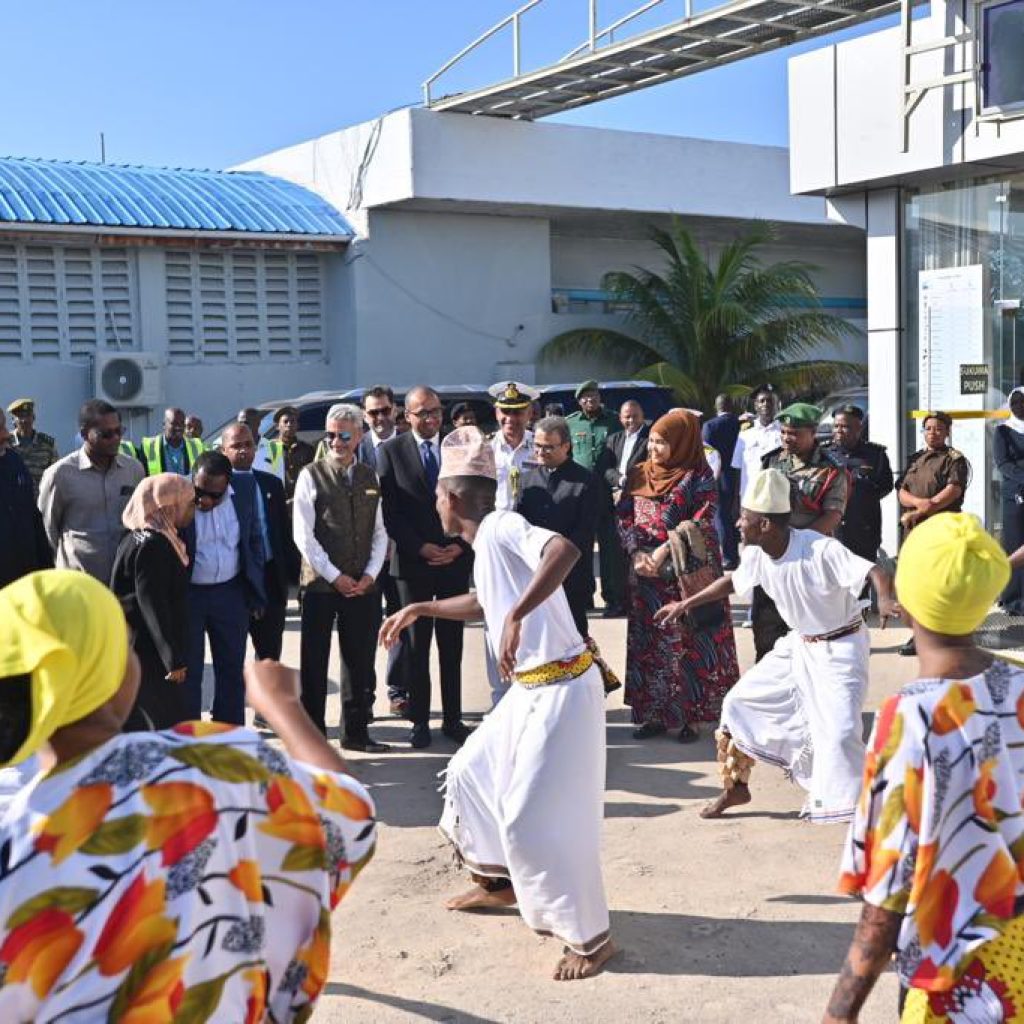Russia-Africa Summit Rosoboronexport, part of the Russian state-owned technology conglomerate Rostec, will be demonstrating tools developed and tested in Russia to counter terrorism…reports Asian Lite News
As Russia continues to make deep inroads into Africa, several leading arms exporters from the country will be showcasing a wide range of their latest counterterrorism equipment and intelligent digital technologies at the second Russia-Africa Summit that begins in Saint Petersburg from Thursday.
The heads of states, governments and representatives of the vast majority of countries on the African continent, as well as regional associations and organisations, will be participating in the two-day Second Russia-Africa Economic and Humanitarian Forum, the largest-scale event in Russian–African relations.
With many of these African nations currently engulfed by violence, chaos, conflict and battling deadly terrorist groups at the same time, Moscow is looking at providing them with not just political, trade, economic, scientific, technical and humanitarian but also substantial military support.
“We will continue to assist our African partners in every possible way in strengthening national and cultural sovereignty, in more active participation in resolving regional and global issues,” Russian President Vladimir Putin said on Tuesday.
The Russian state-owned arms exporter Rosoboronexport admitted that it saw an “extremely high prolonged conversion” from the talks held during the summit’s first edition held in Sochi in October 2019 which saw the participation of 45 countries from the continent.
“Since 2019 to the present, we have signed over 150 contract documents with African partners and increased our order book by more than $10 billion. During this time, we have expanded our presence adding five new countries on the continent,” said Alexander Mikheev, Director General of Rosoboronexport in a statement ahead of the Saint Petersburg event.
Russia-Africa Summit Rosoboronexport, part of the Russian state-owned technology conglomerate Rostec, will be demonstrating tools developed and tested in Russia to counter terrorism, organised crime, cyber threats, protect the constitutional system and public order, provide border and critical facility security and surveillance.
As part of their outdoor exhibits, a number of Russian companies will showcase military, dual-use and civilian products designed to counter various security threats that are most in demand on the African continent.
On display would be the Orion reconnaissance/strike UAV, Orlan-10E and Orlan-30 reconnaissance UAVs, Kub-E loitering munition and other battle-proven UAV systems.
Counter-UAV systems, including RB-504P-E, Serp-VS5 and Saphir, will also be exhibited along with the drones while Spartak, Tiger-Raid and Strela MRAP vehicles will be displayed in the armoured combat vehicles zone.
Addressing the main challenges to the global African security architecture, Russian companies will show IT solutions tested in the domestic market and adapted for use in African countries. These include a comprehensive Smart City project, a national-level cyber security platform, as well as internet monitoring, information protection and legal data interception systems.
Russian Helicopters, another Rostec company, will put on display its helicopters having high export potential, including Mi-8MTV-1 in the medical version, Mi-171E and Mi-38 in VIP configuration, Ansat and the first Russian Mi-171A3 offshore helicopter.
Rostec’s experience in creating the first air ambulance service on the African continent – 18 Russian-made Ansat helicopters intented for Zimbabwe – will also be presented during the forum.
Meanwhile, Russian State Atomic Energy Corporation Rosatom, which is a general partner of the second edition of the summit, will be signing a set of bilateral documents on current projects and prospects for implementation of nuclear solutions on the continent. This includes both power and non-power applications of nuclear technologies, as well as potential areas for cooperation.
“Discussion of the joint nuclear solutions, particularly in the area of nuclear power engineering, nuclear medicine, food security assurance, is planned within the framework of the business programme at the forum,” said a Rosatom statement.
Advanced solutions on the basis of nuclear technologies proposed for implementation in the African countries will be presented by Rosatom while African delegation tours to Leningrad Nuclear Power Plant, Baltic Shipyard and Dalur uranium facility have also been planned.
ALSO READ:

